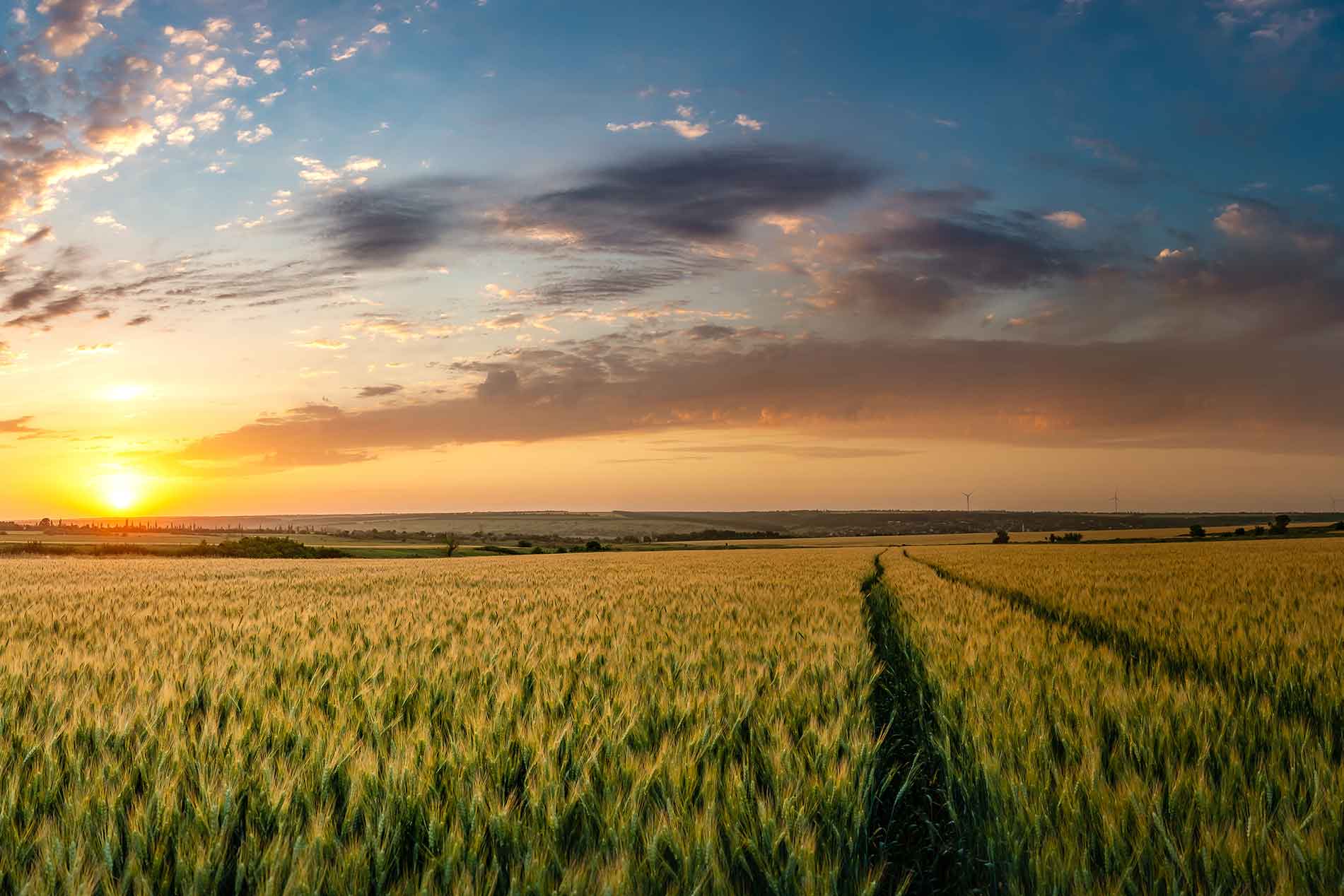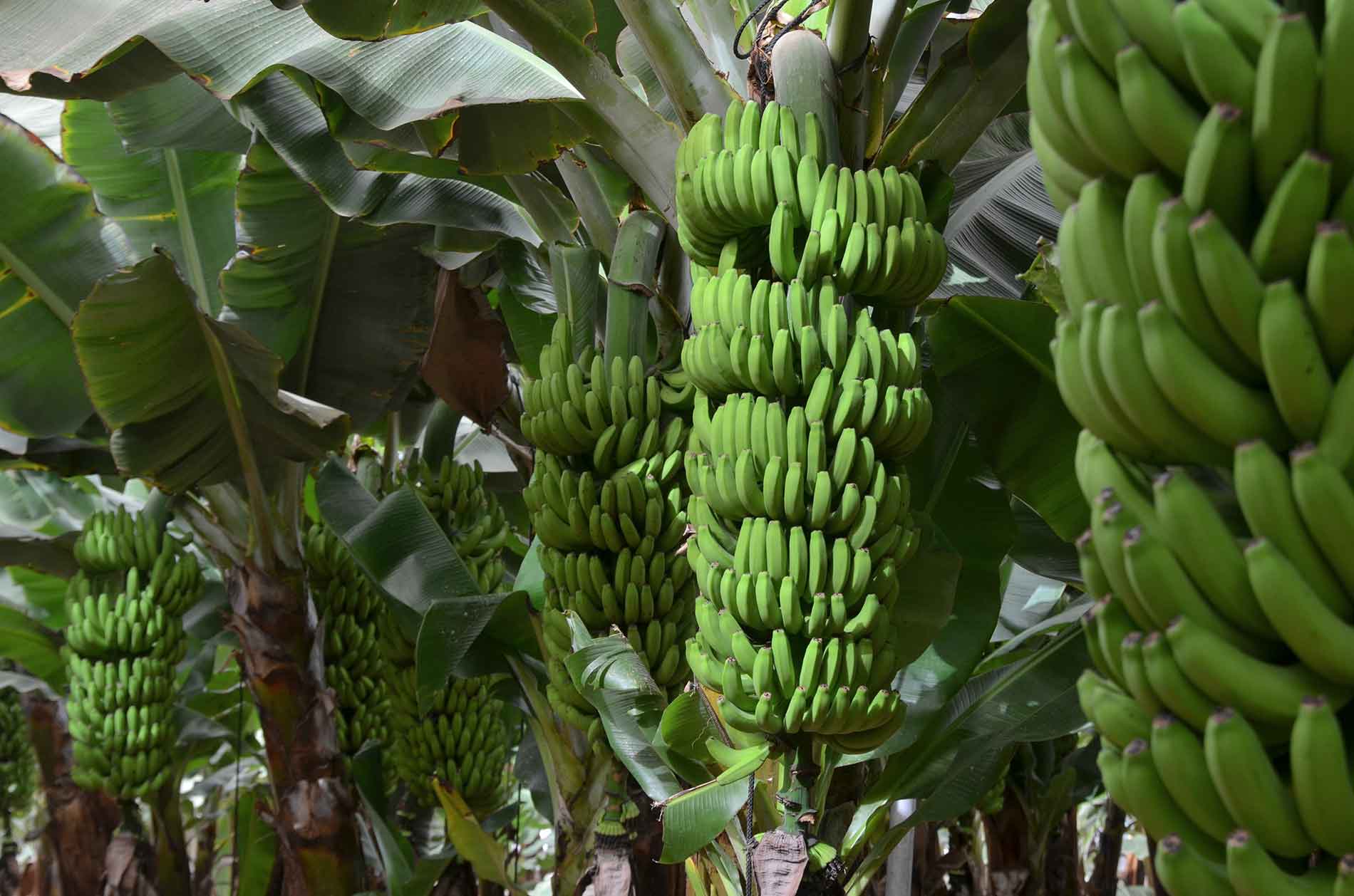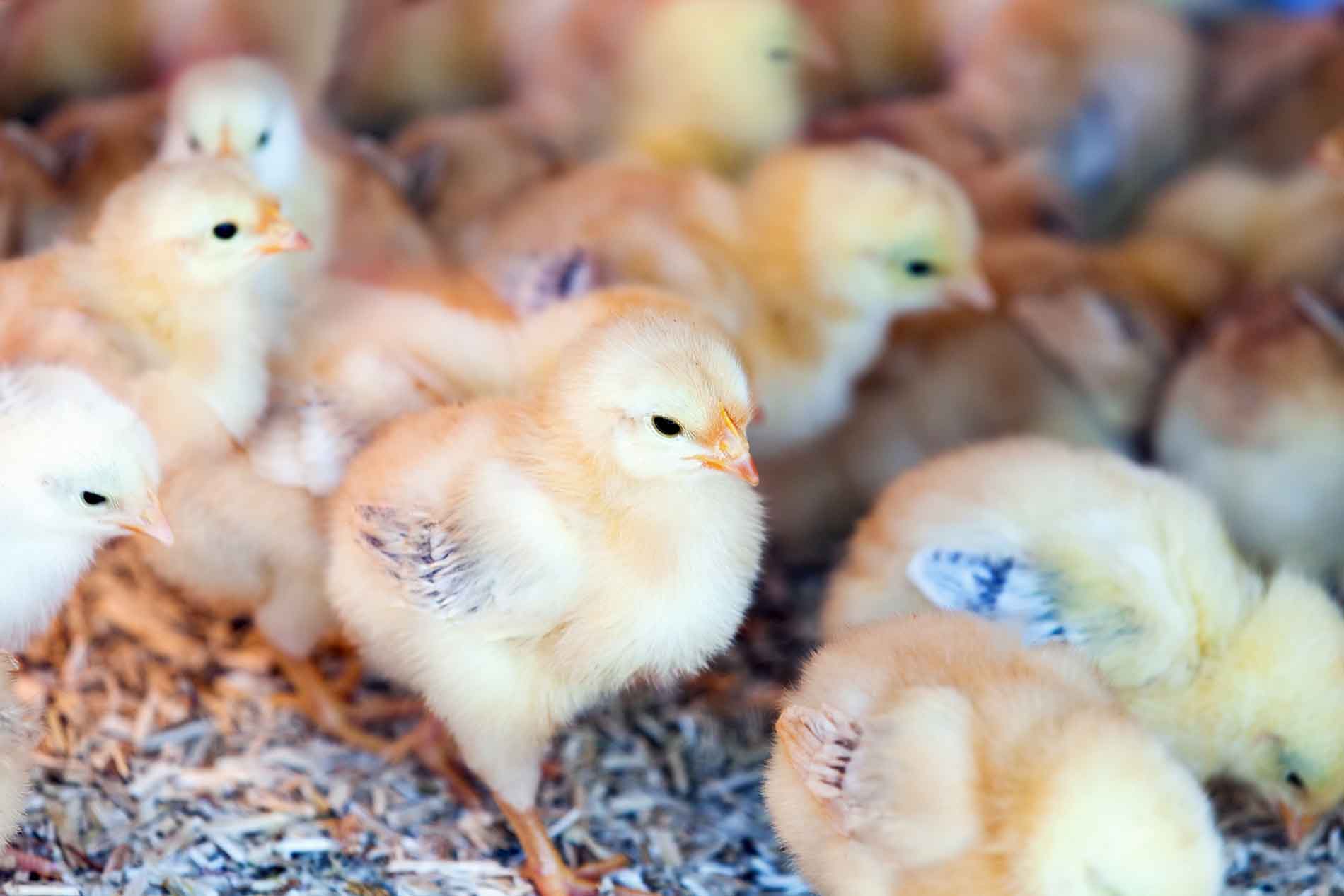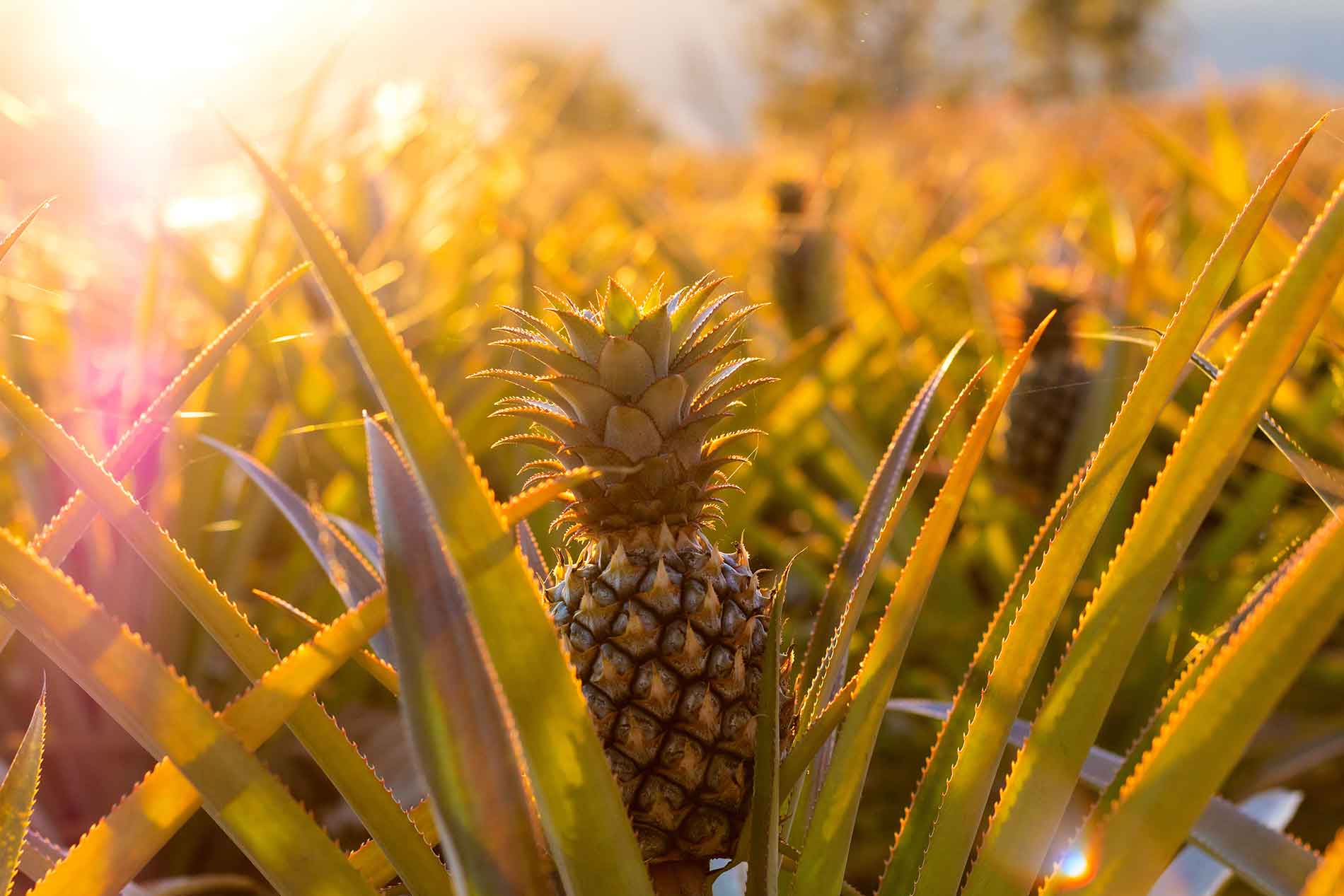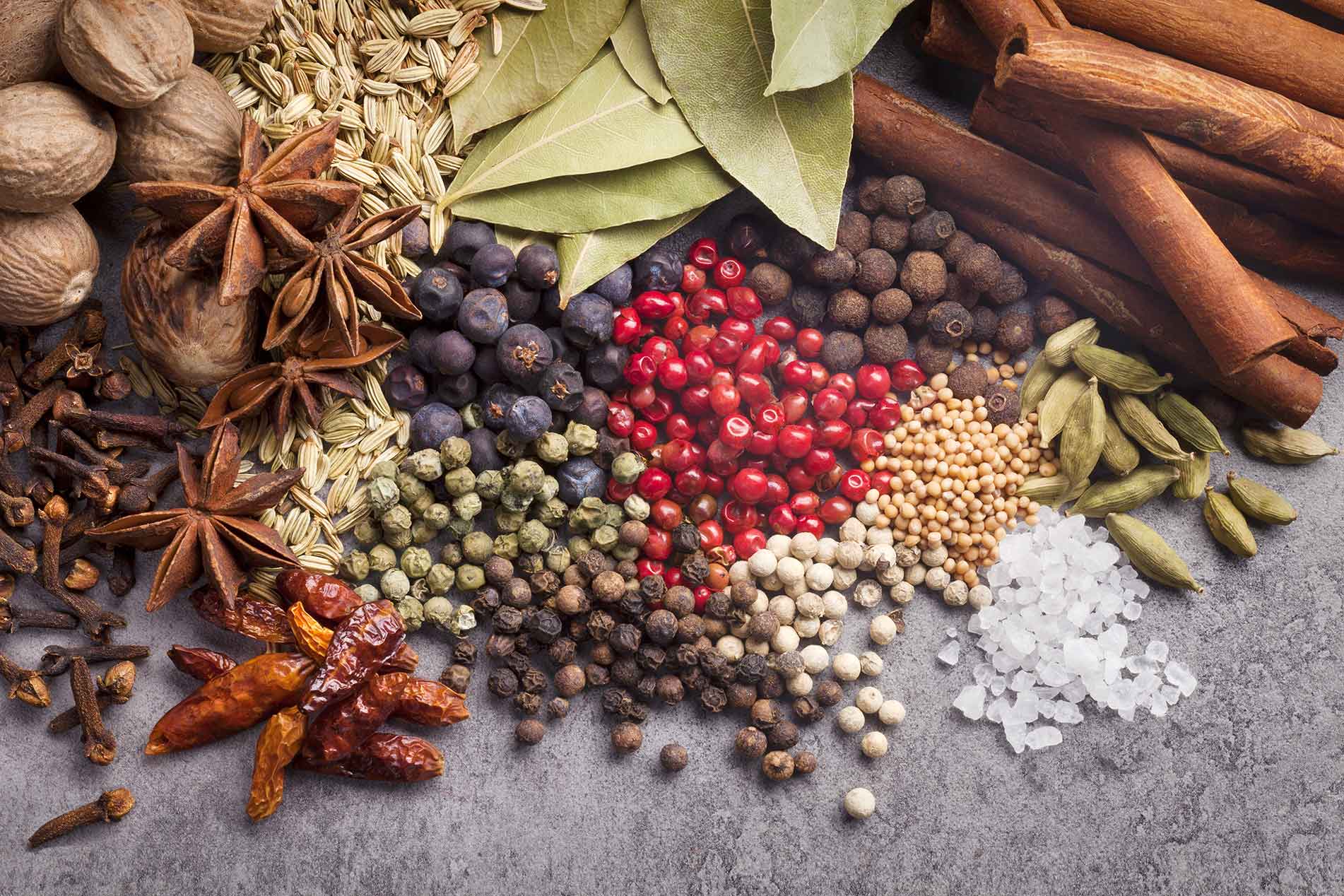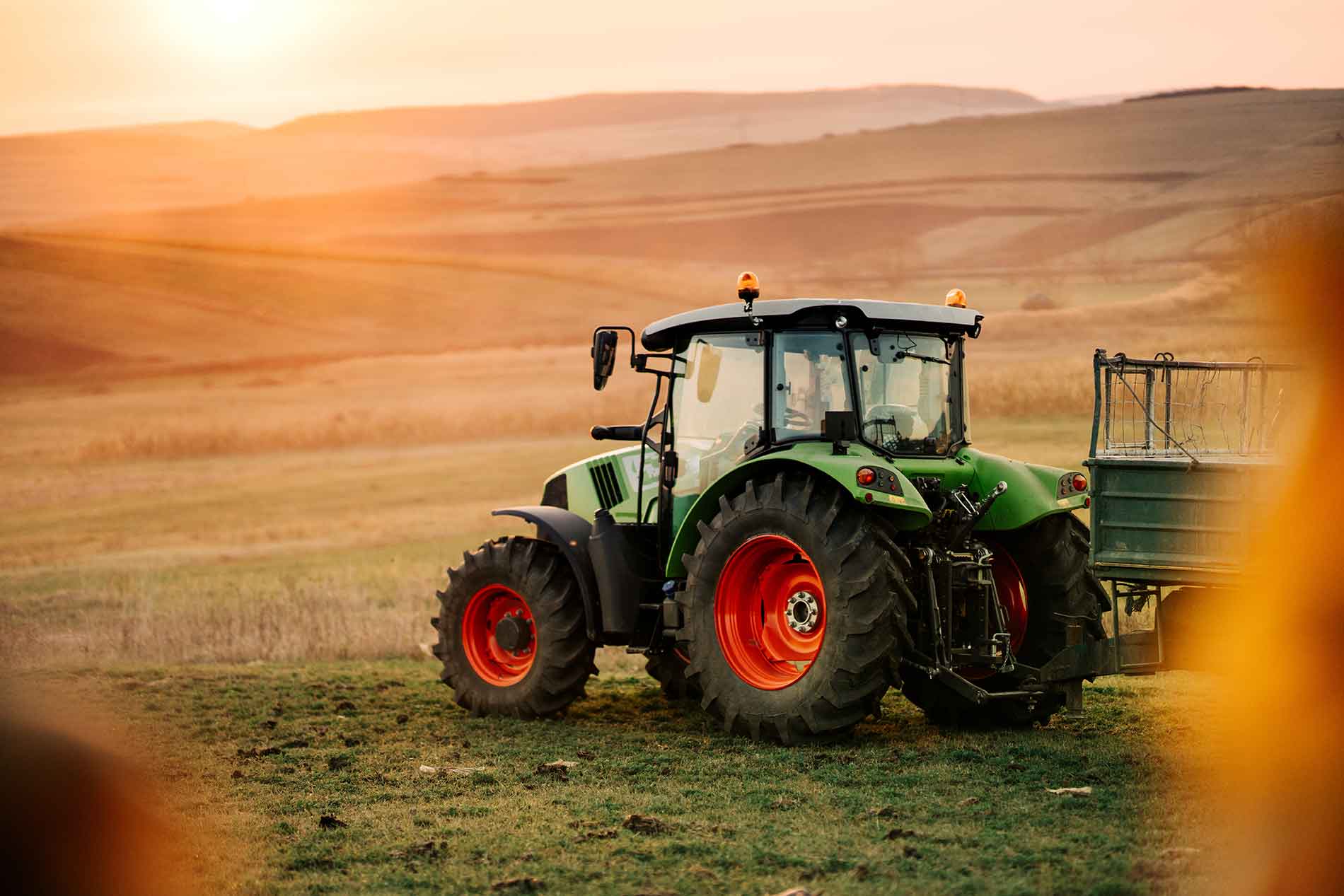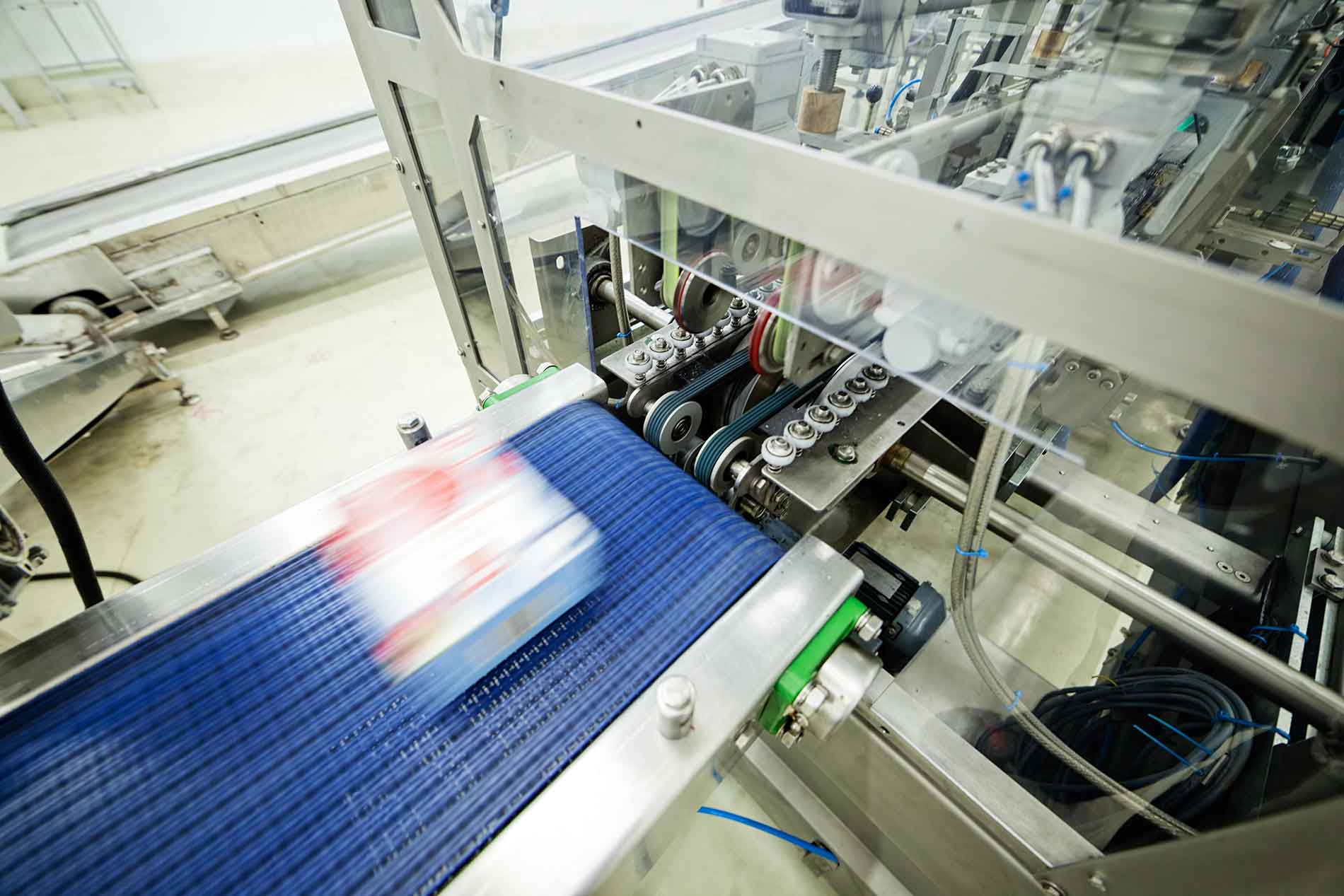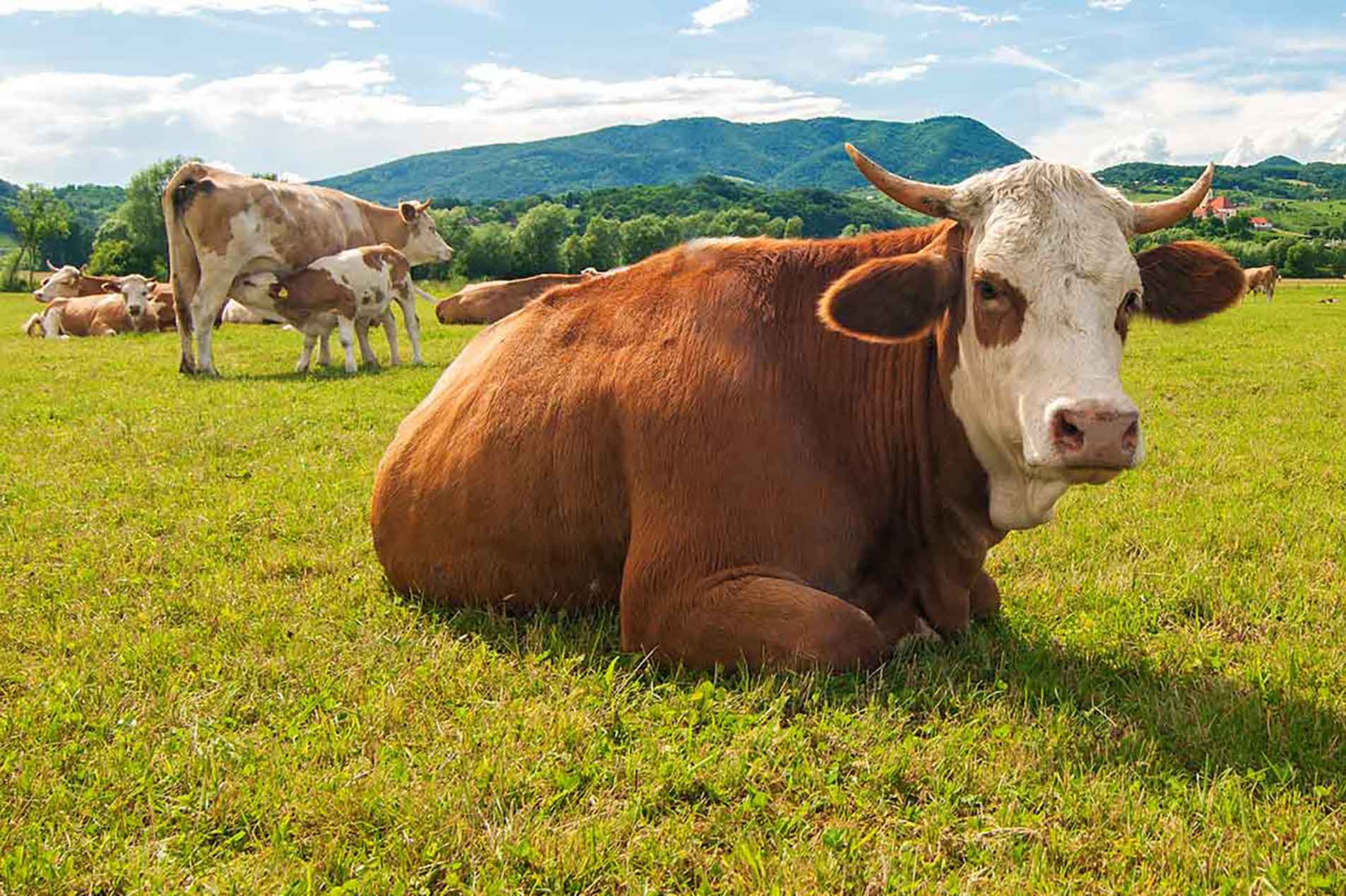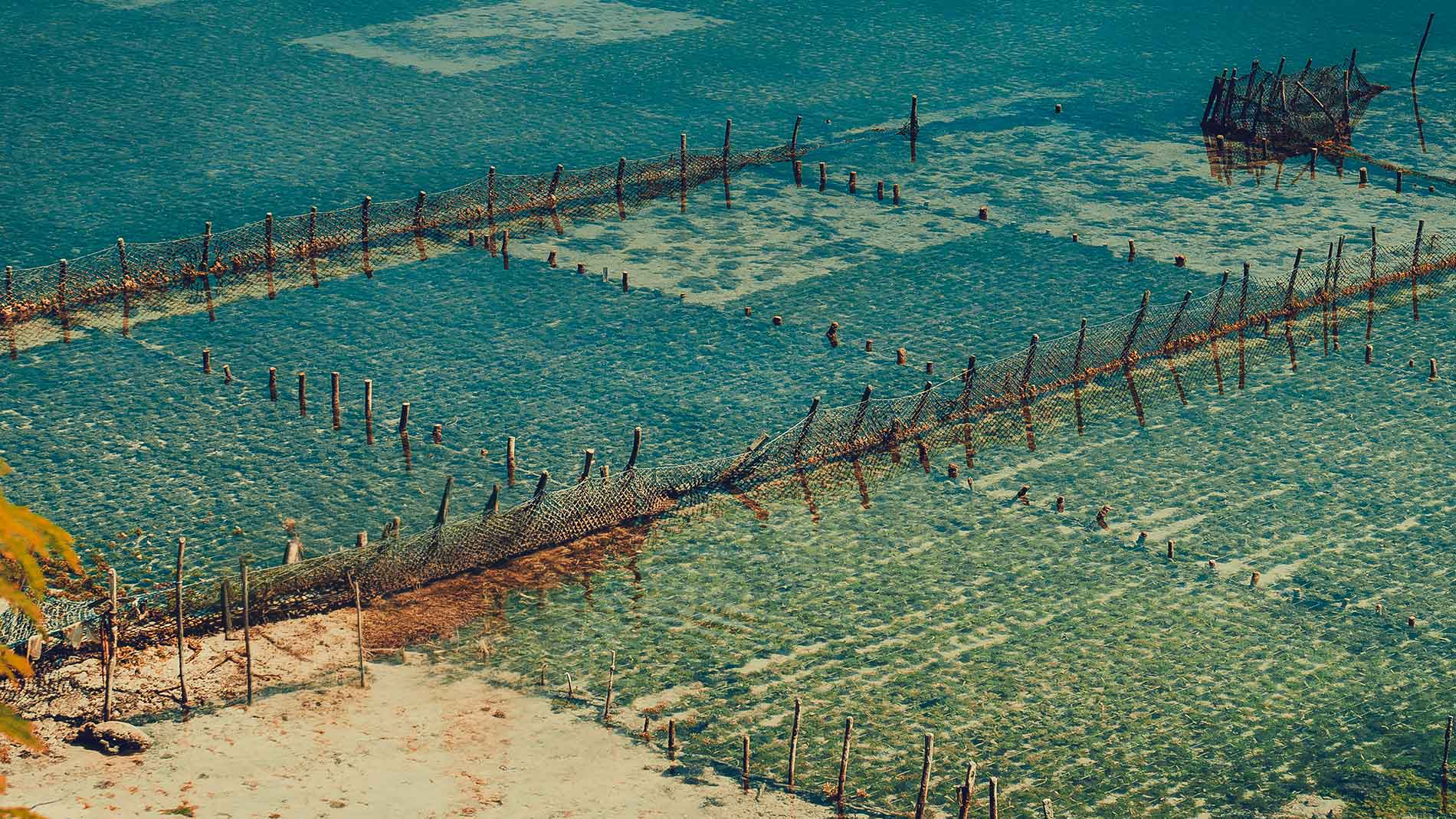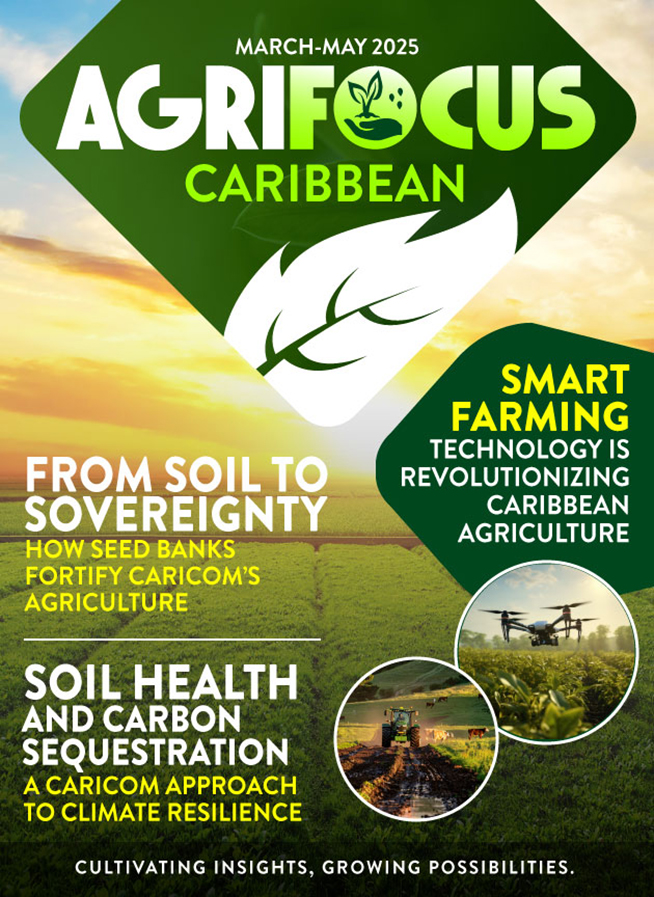Planting the Seeds of Change
The Caribbean, with its lush landscapes, rich biodiversity, and deep agricultural roots, has long been a region dependent on farming for both sustenance and economic growth. However, in recent years, climate change, soil degradation, and water scarcity have threatened the very foundation of the industry. As global temperatures rise and unpredictable weather patterns disrupt traditional farming methods, Caribbean farmers have been forced to rethink their approach to agriculture. This has given rise to a movement toward sustainable farming—practices that not only enhance productivity but also protect the environment for future generations.
Sustainable agriculture in the Caribbean is about finding balance—between feeding people and preserving natural resources, between tradition and innovation. Across the islands, farmers, scientists, and policymakers are coming together to create solutions that work with nature rather than against it. From water conservation techniques to renewable energy integration, these practices are shaping a new future for Caribbean agriculture, one that is more resilient, efficient, and environmentally friendly.
Agroecology: Merging Tradition with Science
One of the most promising approaches to sustainable farming in the Caribbean is agroecology, a method that combines traditional agricultural knowledge with modern scientific techniques to create self-sustaining ecosystems. Agroecology goes beyond simply reducing chemical inputs; it promotes biodiversity, soil health, and natural pest control.
In countries like Jamaica, Haiti, and the Dominican Republic, agroecology is becoming a guiding principle for farming communities. Smallholder farmers are increasingly adopting practices such as intercropping—planting multiple crops in the same field to naturally repel pests and improve soil fertility. This method is particularly effective for crops like yams, cassava, and beans, which thrive when grown together.
Case Study: Jamaica’s Blue Mountain Coffee—A Lesson in Sustainability
Jamaica’s world-renowned Blue Mountain Coffee is a perfect example of agroecology in action. Coffee plants in this region are traditionally grown under the shade of larger trees, a practice that mimics natural forest conditions. This shade-grown method has multiple benefits: it prevents soil erosion, conserves water, and provides a habitat for birds and insects that naturally control pests.
Moreover, the reduced need for chemical pesticides and fertilizers leads to a higher-quality, more environmentally friendly product. Many farmers in the Blue Mountains have also embraced composting techniques, using coffee husks and other organic waste to enrich the soil naturally. This closed-loop system ensures that farming remains productive while minimizing its impact on the environment.
Water Conservation: Every Drop Counts
Water scarcity is one of the most pressing challenges facing Caribbean farmers today. With prolonged droughts becoming more frequent and freshwater sources becoming more fragile, innovative water management strategies have become essential. In response, farmers across the region have been implementing smart irrigation systems, rainwater harvesting, and soil moisture conservation techniques to make the most of every drop.
In Barbados, where freshwater resources are particularly limited, rainwater harvesting has become a crucial component of sustainable agriculture. Farmers collect and store rainwater during the wet season, using it strategically during dry periods. This not only ensures a consistent water supply but also reduces dependence on over-extracted groundwater reserves.
Innovative Water Use in Aruba: Smart Technology for Sustainability
Aruba has taken water conservation to the next level with the implementation of smart irrigation systems. These systems use sensors to monitor soil moisture levels in real time and adjust water usage accordingly. By delivering just the right amount of water when and where it is needed, farmers are able to optimize growth while drastically reducing water waste. This technology is particularly useful for crops such as tomatoes and peppers, which require precise watering schedules to thrive.
Harnessing Renewable Energy: The Future of Farming
One of the most exciting developments in Caribbean agriculture is the growing use of renewable energy to power farm operations. Given the region’s abundant sunshine and steady trade winds, solar and wind energy have become viable alternatives to expensive and polluting fossil fuels.
On islands such as Grenada and St. Lucia, solar panels are being used to power irrigation pumps, refrigeration units, and even entire greenhouses. This shift not only reduces electricity costs for farmers but also lowers the carbon footprint of agricultural production.
Trinidad’s Wind-Powered Irrigation: A Game-Changer for Rural Farmers
In Trinidad, a groundbreaking initiative is using wind power to run irrigation pumps for small-scale farmers. These pumps operate without the need for external electricity, making them a game-changer for farmers in remote areas. This not only reduces costs but also ensures that even those without access to traditional power sources can maintain productive farms year-round. By combining renewable energy with smart irrigation techniques, Trinidad is setting an example for the entire region.
The Organic Movement: Farming in Harmony with Nature
As awareness about the impact of chemical pesticides and fertilizers grows, more Caribbean farmers are turning to organic farming. Organic agriculture emphasizes natural inputs, such as compost and biological pest control, to enhance soil health and produce healthier crops.
The Dominican Republic has been at the forefront of the organic movement, particularly in cocoa production. The country is one of the world’s largest producers of organic cocoa, much of which is exported to premium chocolate markets in Europe and North America. Organic cocoa farms in the Dominican Republic rely on natural composting, manual weeding, and biodiversity to maintain soil fertility and control pests. The result is not only a more sustainable product but also a higher-quality crop that fetches better prices in international markets.
The Power of Community: Farming Cooperatives and Knowledge Sharing
Sustainable farming is not just about individual efforts; it thrives on community collaboration. Across the Caribbean, farming cooperatives are playing a crucial role in helping small farmers adopt sustainable practices. These cooperatives provide training, financial support, and shared resources, making it easier for farmers to transition to eco-friendly methods.

St. Vincent’s Banana Growers Association: A Model for Success
One of the most successful examples of cooperative farming in the Caribbean is the St. Vincent Banana Growers Association. Members of this association work together to share organic fertilizers, adopt climate-resilient crops, and collectively market their bananas to international buyers. This cooperative approach ensures that farmers receive fair prices while also maintaining high sustainability standards.
A Resilient and Sustainable Future for Caribbean Agriculture
The Caribbean’s shift toward sustainable farming is more than just a trend—it is a necessary evolution for the region’s agricultural future. By integrating agroecology, water conservation, renewable energy, and organic farming, the region’s farmers are proving that sustainability and productivity can go hand in hand.
However, the journey is far from over. Continued investment in sustainable practices, government support, and knowledge-sharing among farming communities will be essential in ensuring long-term success. If the Caribbean continues on this path, it can serve as a global example of how to farm in harmony with nature while still feeding communities and driving economic growth. The seeds of change have been planted—now it’s time to nurture them and watch a greener, more resilient future unfold.
Sources
Jamaica Coffee Board: Shade-Grown Coffee Techniques
Trinidad and Tobago Water Management Authority: Wind-Powered Irrigation Projects
Organic Cocoa Farmers Cooperative, Dominican Republic: Annual Report
Caribbean Agricultural Research and Development Institute (CARDI) Reports
Food and Agriculture Organization (FAO) Regional Publications

